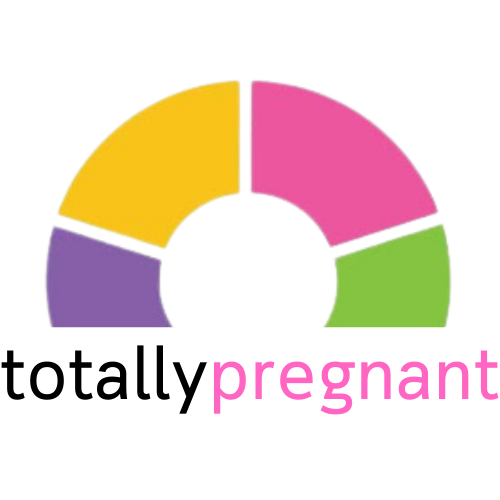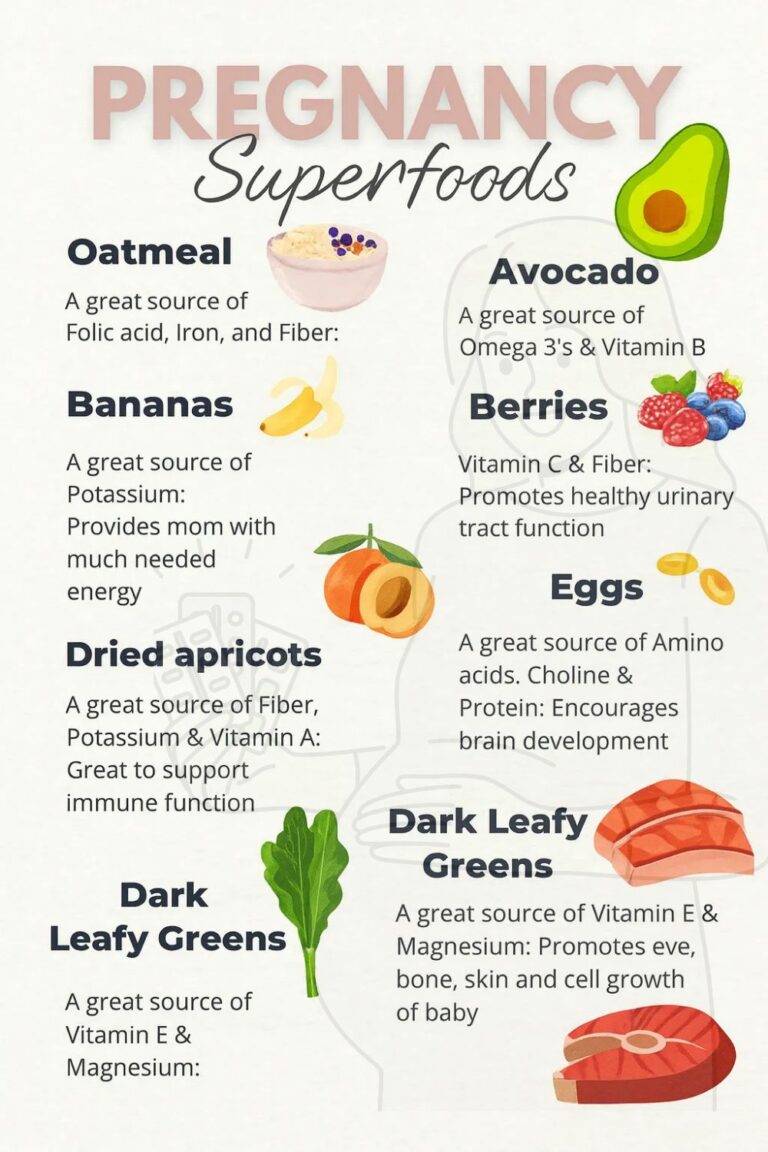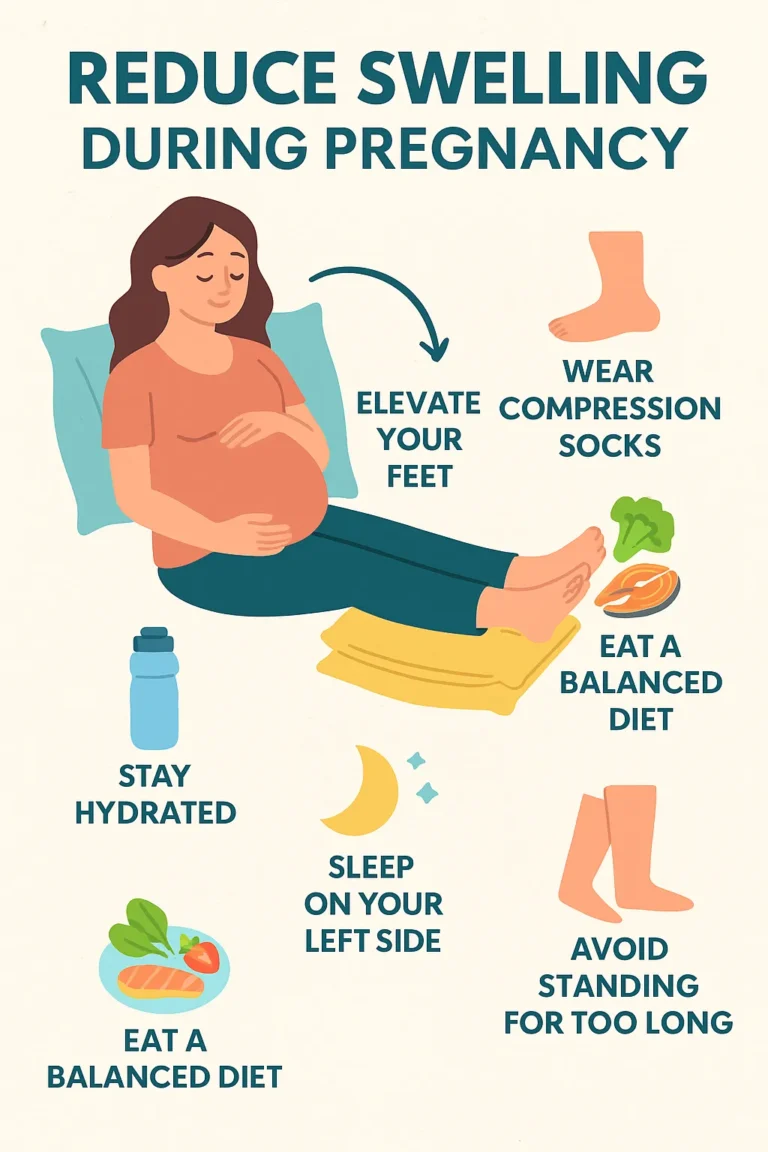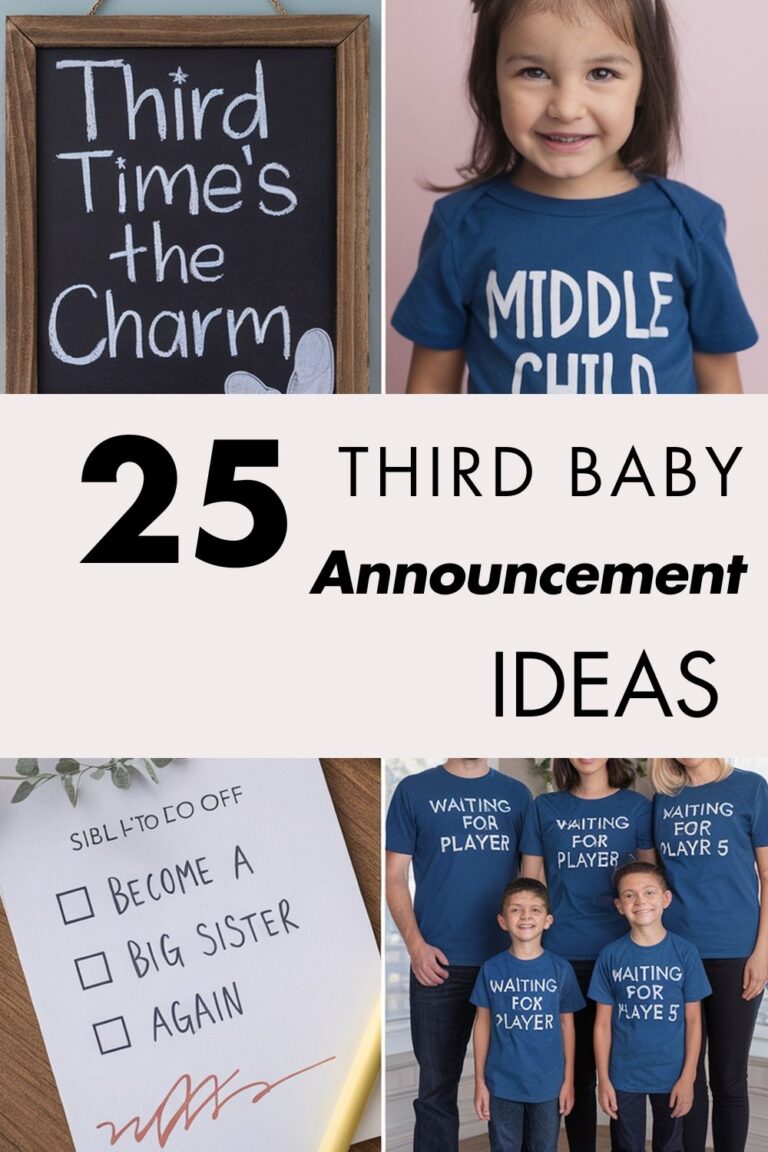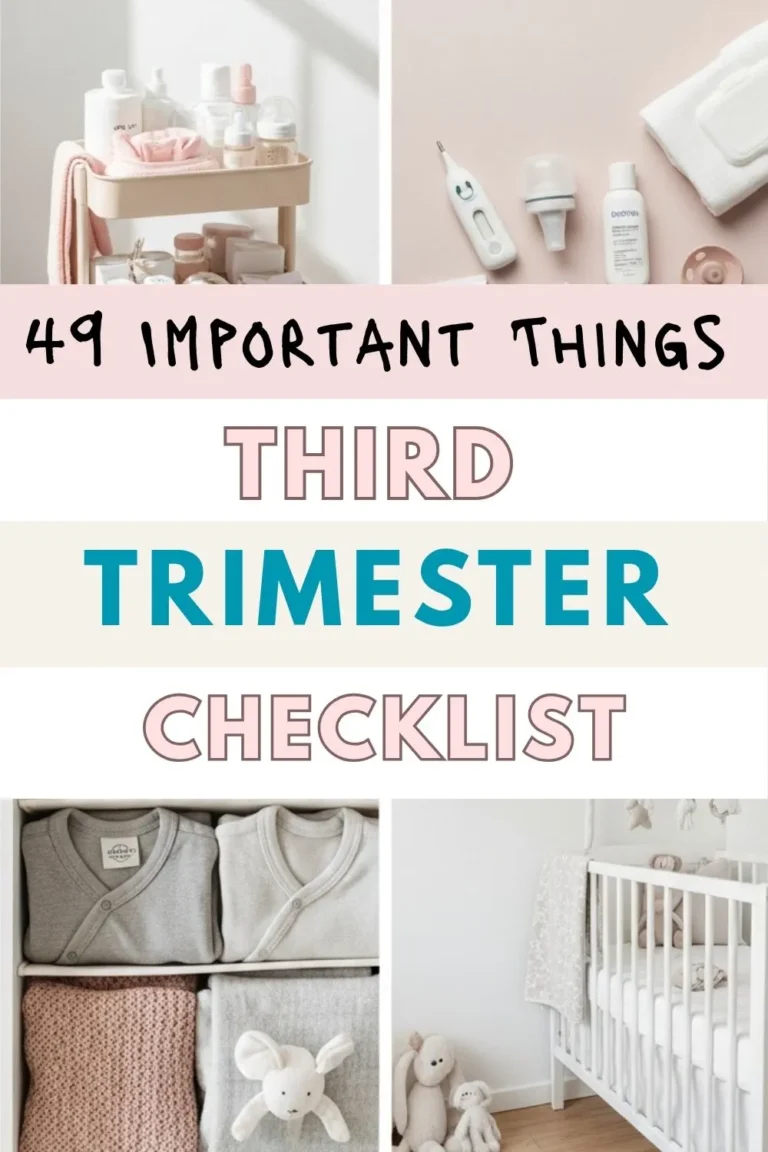30 Newborn Essentials Checklist

Becoming a parent is exciting, but it can also feel a bit overwhelming when you think about all the things your baby might need.
I remember when I was preparing for my first baby, I kept asking myself, “Do I really need this, or is it just nice to have?” Having a clear checklist helped me stay focused and avoid buying things that would just gather dust.
This guide will walk you through the real essentials you’ll need for your newborn’s first few months.
From clothing to feeding to those little health must-haves, you’ll have a clear picture of what’s truly useful.
Think of it as a friendly nudge in the right direction, so you can spend less time guessing and more time enjoying those newborn snuggles.
Related Posts:
Baby wardrobe essentials

Your newborn’s closet does not need to be huge, but it should have the right mix of basics for comfort and easy changes. Soft fabrics like cotton are gentle on delicate skin and are easy to wash.
Here are the must-haves for your baby’s first few months:
- Bodysuits in both short and long sleeves, around 6–8 pieces
- Sleepers or footed pajamas for day and night use, 6–8 pieces
- Soft hats for warmth, 2–3 pieces
- Socks or booties to keep little feet warm, 4–6 pairs
- Light sweater or cardigan for layering in cooler weather
- Fleece bunting or pram suit if your baby is born in winter
- Swaddle blankets or wearable blankets for safe, snug sleep
Tips for dressing your newborn:
A small, well-thought-out wardrobe will make daily dressing simple and stress-free.
Baby nursery essentials

Your baby’s nursery should be simple, safe, and easy to use. The main piece is a crib or bassinet with a firm mattress that fits snugly. Use fitted crib sheets made from soft cotton. Keep the sleep space free from pillows, stuffed toys, or loose blankets for safety.
A changing table or a sturdy dresser with a changing pad will make diaper changes easier. Keep a small basket nearby with diapers, wipes, rash cream, and a change of clothes for quick access. A diaper pail can help control odors.
Add a comfortable chair or glider so you can sit while feeding or rocking your baby. A soft nightlight makes nighttime care easier without fully waking your baby. Blackout curtains can help your baby nap during the day.
You might also want a small shelf or storage bins for blankets, extra clothes, and baby care items. A baby monitor is helpful for keeping an ear on your little one when you are in another room. Keep the room at a comfortable temperature and dress your baby in light layers to avoid overheating.
Baby diapering essentials

Diaper changes will be a big part of your daily life with a newborn. Having all your supplies ready in one spot makes the process quick and less messy. Keep items in a basket or caddy so you can carry them around the house when needed.
Here are the essentials for a smooth diapering routine:
- Diapers in newborn and size one, as babies grow quickly
- Fragrance-free baby wipes that are gentle on skin
- Diaper rash cream or ointment to prevent irritation
- Changing pad for comfort and cleanliness
- Waterproof changing pad covers for easy clean-up
- Portable changing mat for diaper changes outside the home
- Diaper pail or disposable diaper bags to control odors
Extra tips for easy diaper changes:
- Keep 1–2 spare outfits nearby in case of leaks.
- Always wash your hands or use a baby-safe hand sanitizer after changing.
- If using cloth diapers, have enough on hand for 1–2 days plus a waterproof wet bag for storage until laundry.
- Never leave your baby unattended on a changing table, even for a second.
Being well-stocked and organized makes diaper duty much easier.
Baby bath essentials

Bathing a newborn is gentle work, so it helps to have all the right items ready before you start. A small baby bathtub or a sink insert will keep your baby supported and comfortable. Use soft washcloths for cleaning and a mild, tear-free baby shampoo and body wash for their delicate skin.
Have two or three hooded towels to keep your baby warm after baths. Keep a cup or small jug nearby to rinse off soap without splashing. A soft bath sponge can help clean the tiniest folds, especially around the neck and behind the ears.
Always check the water temperature with your wrist or a bath thermometer before placing your baby in the water. Keep the bath area draft-free to avoid chills. It is also helpful to have a clean diaper and a fresh set of clothes within reach so you can dress your baby right after drying them. Never leave your baby alone in the water, even for a few seconds.
Baby feeding essentials

Feeding time can be calm and smooth when you have the right items ready. If you are breastfeeding, you might need a nursing pillow for support and a few nursing bras or tops for easy access. Nursing pads will help prevent leaks, and a breast pump can be useful for storing milk for later feeds.
If you are formula feeding, keep enough bottles, nipples, and a bottle brush for cleaning. Choose the right flow level for the nipple to match your baby’s age. You will also need a formula container and clean water that is safe for mixing. A bottle sterilizer or a large pot for boiling bottles can help keep feeding equipment germ-free.
Burp cloths are important for catching small spit-ups, so keep several on hand. A high chair will be useful when your baby is ready for solids, but for the first few months a comfortable feeding chair for you is more important. Always hold your baby during feeds and keep feeding areas clean to avoid any risk of infection.
Baby health essentials

Keeping your newborn healthy starts with having the right tools at home. A digital baby thermometer is important for checking fevers. Choose one that is quick and easy to use. A nasal aspirator or bulb syringe will help clear stuffy noses so your baby can breathe comfortably.
Keep baby nail clippers or a soft emery board to trim tiny nails and prevent scratches. Cotton balls and saline solution are useful for cleaning eyes or noses gently. A small medicine dropper or syringe will help give medicine in the correct amount if your baby ever needs it.
Have a basic first aid kit with baby-safe items like petroleum jelly, gauze pads, and infant pain reliever if your doctor recommends it. Store all medicines and tools in one place so you can reach them quickly. Regular handwashing and clean surroundings will also go a long way in keeping your baby well.
Baby gear essentials

The right baby gear makes daily life smoother and safer. A rear-facing infant car seat is a must for bringing your baby home from the hospital and for every ride after that. Make sure it is installed correctly and meets current safety standards. A lightweight stroller or a travel system will make outings easier, and a baby carrier or wrap can help you keep your baby close while keeping your hands free.
A bouncer or swing can be a safe spot for short periods while you do quick tasks nearby. A play mat with soft padding is great for tummy time and early play. Keep a diaper bag packed with diapers, wipes, a change of clothes, and feeding supplies so you are ready to go at any time.
If you live in a multi-level home, a second changing station on another floor can save you trips up and down the stairs. For safety, always use gear according to the manufacturer’s instructions and check regularly for recalls or damage.
Baby playtime essentials

Playtime is how your newborn begins to explore and learn. A safe, soft play mat is perfect for tummy time, which helps build neck and shoulder strength. Choose one with bright colors and interesting textures to hold your baby’s attention.
Some great items for newborn play are:
- Soft rattles that are light enough for tiny hands
- Cloth books with different textures
- High-contrast black-and-white toys for early vision development
- A baby-safe mirror to encourage facial exploration
A baby swing or bouncer can offer short periods of safe entertainment while you are close by. Always check toys for small parts and use only non-toxic materials. Rotating toys every few days keeps things exciting for your little one.
